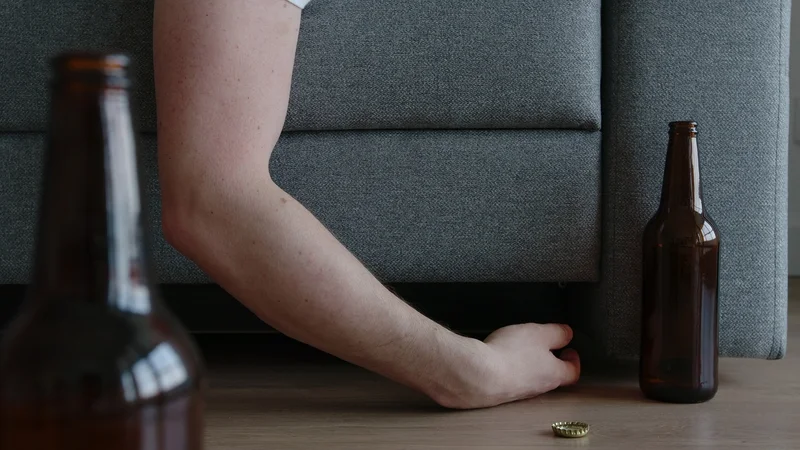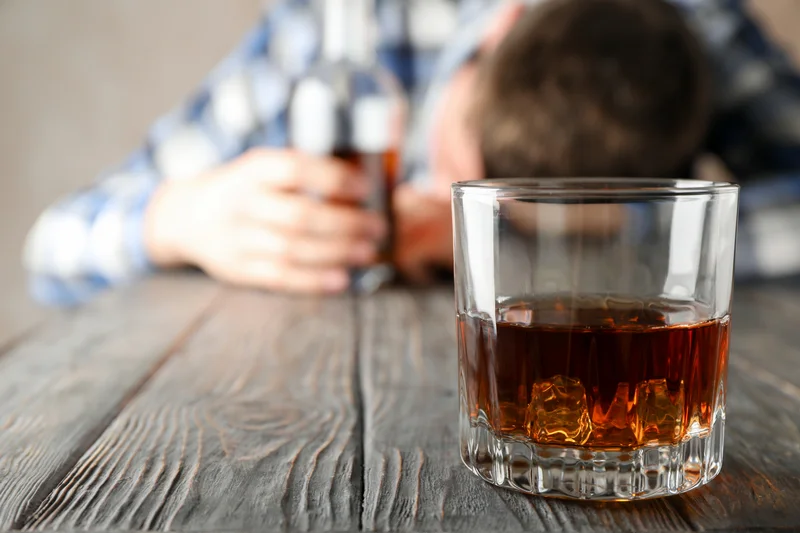
Synthesis of novel resveratrol analogs is ongoing and improvement of drug delivery might represent in that regard the major targets to be considered in order to overcome current resveratrol limitations. In agreement, pterostilbene, a resveratrol derivative, has shown promise in preclinical models of neurodegeneration, resulting more efficient than resveratrol itself in modifying AD- and aging-related cognitive decline (Joseph et al., 2008; Chang et al., 2012). These results leave the door does wine cause dementia open for the use of newly synthesized resveratrol analogs in aging-related disorders (Bourzac, 2012; Ogas et al., 2013; Pezzuto et al., 2013).
- Alzheimer’s disease, the most common form of dementia, is the only leading cause of death that is still on the rise.
- Alcoholic substances such as wine can offer some health benefits for older adults, but unhealthy consumption habits could cause damage to internal organs and increase the risk of several chronic conditions.
- For brain health and dementia prevention, they eat whole meals, fruits, vegetables, lean meats, and good fats.
- Iron deregulation has been linked to AD (Weinreb et al., 2013; Crespo et al., 2014; Gonzalez-Dominguez et al., 2014).
- Most studies did not distinguish amongst wine, beer, or spirits, and studies that did distinguish reported no difference among the effects of these different types of alcohol.
Risk of dementia and alcohol and wine consumption: a review of recent results
Take your loved one to see his or her primary care physician for immediate treatment if you notice these symptoms. After accounting for other factors that could negatively impact brain health (such as age at death, smoking, and lack of physical activity), heavy drinkers were 133 percent more likely to have brain lesions compared with those who never drank. Those odds were 89 percent higher for former heavy drinkers and 60 percent higher for moderate drinkers.
Caring for Someone With Alzheimer’s Disease
Additionally, if the weekly amount is consumed over seven days versus all on the weekend, this could make the difference between moderate consumption and binge drinking but would not be differentiated on the questionnaire and could influence the health outcomes. Some questionnaires (e.g., the National Institutes of Health (NIH) Food Frequency Questionnaire 82) have more detailed categories to allow a better understanding of the number of drinks and the frequency but are still completed retrospectively. Adding to the lack of accuracy in reporting, the definition of a “drink” is not standard worldwide, nor are the sizes of glassware, so what a participant reports as a drink in the study is uncertain. Since underreporting of alcohol consumption is common, with up to 60% underreporting 83,84, the range for moderate consumption reported within a study is lower than actual consumption and should technically be adjusted upwards by a reasonable factor to be accurate. All these limitations make it difficult to truly assess health outcomes based on moderate consumption levels, and this is important since health outcomes from red wine tend to follow a J-shaped curve 85, where moderate consumption may offer benefits over abstinence.
Alcohol only one factor in dementia risk

A vitamin B1 deficiency can also lead to Wernicke-Korsakoff syndrome (WKS), a type of dementia linked to heavy alcohol use. This condition causes a decline in short-term memory in the early stages of the disease. The condition also leads to an unusual pattern of walking and confabulation (false memories). This allows organs like the brain to get the oxygen and nutrients they need to work properly.
Of these, 27 (36%) evaluated cancer outcomes, 14 (19%) evaluated cardiovascular outcomes, 10 (14%) evaluated mortality, 7 (9%) evaluated weight gain, 5 (7%) evaluated dementia, and the remaining 11 dealt with a variety of health outcomes. There were no studies that demonstrated an association between red wine consumption and negative health outcomes. Forty-seven studies demonstrated an association between red wine consumption and positive health outcomes, 26 studies were neutral, and one had mixed results where women had a positive health outcome and men were neutral. Table 1 shows the breakdown of moderate red wine consumption on specific health outcomes.
Alcohol-Related Neurologic Disease

But he said the Lancet research did not change the current advice and did not suggest that moderate alcohol intake could cause early-onset dementia. That is why UK guidelines advise men and women to drink no more than 14 units of alcohol a week, equivalent to six pints of average-strength beer or seven glasses of wine. The rise is attributed to several factors, many of them preventable — including unhealthy diets and sedentary lifestyles. “Moderate drinking is highly prevalent, so if elevated brain iron is confirmed as a mechanism by which alcohol leads to cognitive decline, there are opportunities for intervention on a population scale.” Although nearly three percent classed themselves as non-drinkers average intake was around 18 units per week – equivalent to 7 and a half cans of beer or 6 large glasses of wine. Participants from the United Kingdom Biobank (UKB) reported their own alcohol consumption and underwent MRI (magnetic resonance imaging) brain scans.
Neurologic effects of alcohol

For several years, researchers have examined alcohol’s potential effects on the risk of developing dementia—both positive and negative. Many recent studies have found that moderate alcohol consumption can have a protective effect, but due to different methodologies, theories and the sheer number of studies out there, deciphering what it all means can be a bit tricky. However, once cognitive decline begins, it may be too late to reverse the damage. The resveratrol from red wine can also boost the immune system and drug addiction restrain the enzymes responsible for the stimulation of cancer cells. Data capture for alcohol research has evolved over the years to add more parameters that allow for the demonstration of key differences, such as the effects of red wine versus other alcohols.
Your donation powers cutting-edge research and helps scientists explore new treatments. Help bring us closer to a cure and provide valuable information to the public. The preclinical study was published in the February 2023 issue of the scientific journal Neurobiology of Disease. Fetal alcohol syndrome can occur when a person is exposed to alcohol before birth. Up to 46 percent of people with alcohol-related myopathy showed noticeable reductions in strength compared with people without the condition. These symptoms can occur in addition to the symptoms of alcohol withdrawal.

How does alcohol increase dementia risk?
The first part of treatment for alcohol-related dementia aims to help you stop drinking alcohol. This can take several weeks, and you may need to do this under medical supervision. But these effects can be slowed — and sometimes reversed — if you stop drinking.


Leave A Comment